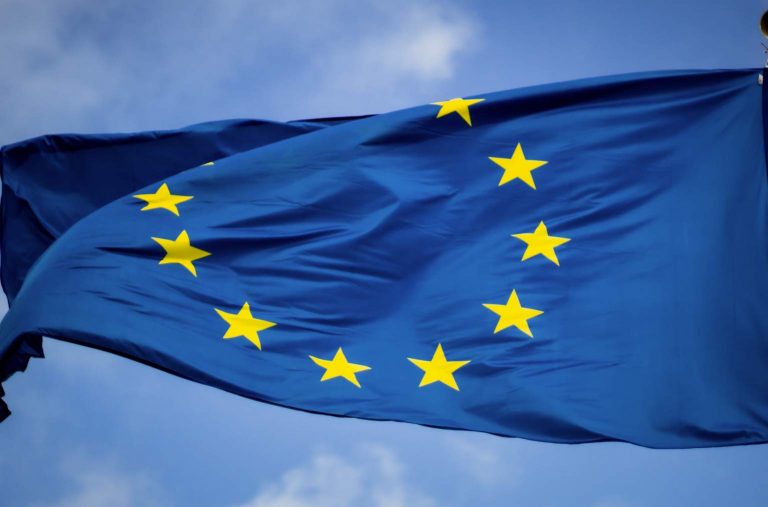
Caught in a Trap
A minor weakness in the Euro over the last week has helped to propel the GBPEUR cross to the precipice of the psychological 1.16 barrier. A potential fatigue arising across the Eurozone for concession building and monetary, fiscal and economic integration is one of the main reasons behind the decline.
On Tuesday, the rate of the Euro against one-Pound Sterling rose to just one hundredth of one cent away from a trading value of 1.16. Reaching and sustaining for a while a value of 1.1599 represents the highest value of the Pound against the single currency in over twelve months. Against the Dollar, however, the Euro story is not so remarkable.
In the world of hyper low volatility that we have experienced recently, characterised by a stagnant and low VIX and negative real yields on developed market debt, channel trading has become all too familiar. Accordingly, the Euro generated its own channel trade against the Dollar:

2017 was strongly and unequivocally characterised by a systemically weak Dollar and, in the most part, an outperforming Euro. Having struggled to confidently sustain its break through 1.25 Dollars to the Euro, EURUSD has generated the channel trade depicted above.
Following a climactic end to the year that exaggerated the existing trends that had preceded it, the Euro broke through the low of 1.20s to the Dollar. However, since January, Euro-Dollar has comfortably contained its parity between an upper bound of just in excess of 1.25 and a strong floor of 1.22. Following a sustained paradigm of Euro strength, there now exists a political challenge with the theoretical salience to stunt the Euro’s performance considerably.
The centrist French President Emmanuel Macron has long since voiced his passion for the European project and, more importantly, Eurozone integration. The newly proposed budgetary capacity for a previously non-redistributive Union is ground breaking and proposed as a strong antecedent to a functioning and strong monetary union, of which the Euro is a prime example.
The ambition and scope of the proposed reform cannot be understated; it would, in my opinion, require a complete overhaul of both the EU treatises, the acquis communautaire, and conceivably the entire legal foundation of the economic and monetary Union. Critically, this is not impossible and, in the name of longevity and success, may be a requirement in the long run. However, what would turn a crazy idea into an unrealisable one is a lack of political will to follow the Macron’s initiatives within the Union. This is the situation we face.
On Tuesday, Merkel made the position of her CDU/CSU bloc overwhelmingly clear: Germany is not on board. Dependent upon the priced importance of a fiscal insurance mechanism behind the Euro, the denial of Macron’s reforms could be extremely harmful to the Euro over the long run. Of course, markets are always trying to get ahead of themselves due to the desire of the individuals that populate them to be one step ahead of the curve. Unsurprisingly, therefore, when Mr Macron visits Berlin later today, any negative news could still have short run negative effects to the Euro.
Discussion and Analysis by Charles Porter

Click Here to Subscribe to the SGM-FX Newsletter
Related Insights

Daily Brief – EU Inflation
EU Inflation With the ECB annual symposium meeting in sunny Sintra, Portugal, inflation is very much on President Lagarde’s mind ; that is because it is showing signs of rising with the monthly inflation rate showing an increase of 0.3% and that presages a break above the target 2% rate just as she and her colleagues […]

Daily Brief – Gold
Gold With Gold accounting for the second highest proportion of Central Bank reserves after the USD and the mood music shifting to it assuming a greater influence on future reserves management, it is worth looking at the numbers behind that. In the 1960s, Central Banks held the highest amount historically of 38,000 tons of gold. […]

Daily Brief – US Dollar
US Dollar Markets not liking POTUS pontificating on the Federal Reserve’s interest rate policy on Wednesday, and less still on his view about the competence or otherwise of Chairman Powell. Given the past few weeks, the betting is that Powell’s time is over either being replaced or having a Trump nominee second guessing him but […]


 Humphrey Percy
Humphrey Percy